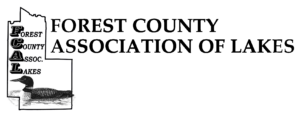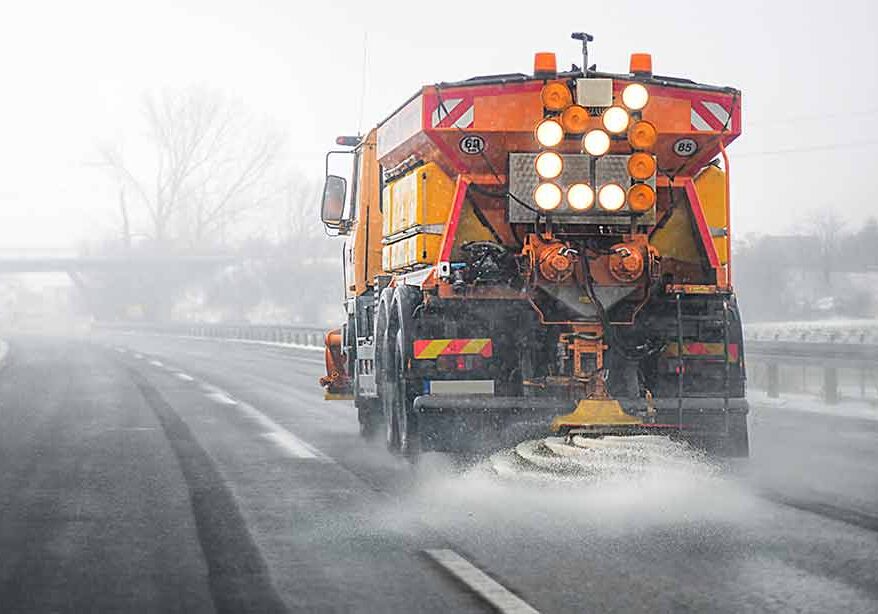Each year the DNR and Wisconsin Salt Wise invite the public to learn about the impacts of road salt on our drinking water and freshwater ecosystems during Winter Salt Awareness Week. This year it is January 27th-31st. It is a series of YouTube livestreams with speakers on various topics focusing on the impacts of salt on our Wisconsin landscapes. Road salt is usually made of sodium chloride (NaCl), also known as rock salt, or calcium chloride. It’s applied to roads by salt trucks and works by lowering the freezing point of water. According to Wisconsin Salt Wise, one teaspoon of salt is all it takes to make five gallons of water toxic for freshwater organisms. In lakes and streams, salt inhibits plant growth, harms reproduction in some aquatic species and reduces biodiversity. It causes the deterioration of roads and infrastructure, vehicles and vegetation, and can contribute to human health concerns, especially in the consumption of groundwater. One of the most common ways that salt enters our water is from winter salt use on roads, parking lots, and sidewalks. Road salt has been used as a deicer in Wisconsin since the late 1950s. It was cheap and it worked well. Unfortunately, all that salt the was put down doesn’t just go away. Water softeners can also contribute to salt in our environment. Water softeners remove hard water materials like magnesium and calcium before the water is used in our homes. Periodically when the water softener gets flushed out with salt water, the salt water can go into a wastewater treatment plant where the salt passes through various systems and enters into local rivers and streams, or through a septic system into groundwater.
As a homeowner, you can help reduce winter salt use in a few simple ways.
- Clear snow before it turns to ice. Shovel or sweep early and often during a snow event.
- Use salt sparingly, scattering so there is space between grains. You may not need to use as much as you think.
- Salt works best when pavement temperature is above 15 F, so switch to sand on colder days.
The goal of Wisconsin Salt Wise is to educate residents, leaders, and winter maintenance professionals on salt pollution and solution, so we can work together to protect our local water resources in Wisconsin. You can visit wisaltwise.com for more information about the upcoming webinars.
For more information contact Kayla Littleton, Forest County Land Conservation and Land Information Director at 715-478-1387 or by e-mail at .

